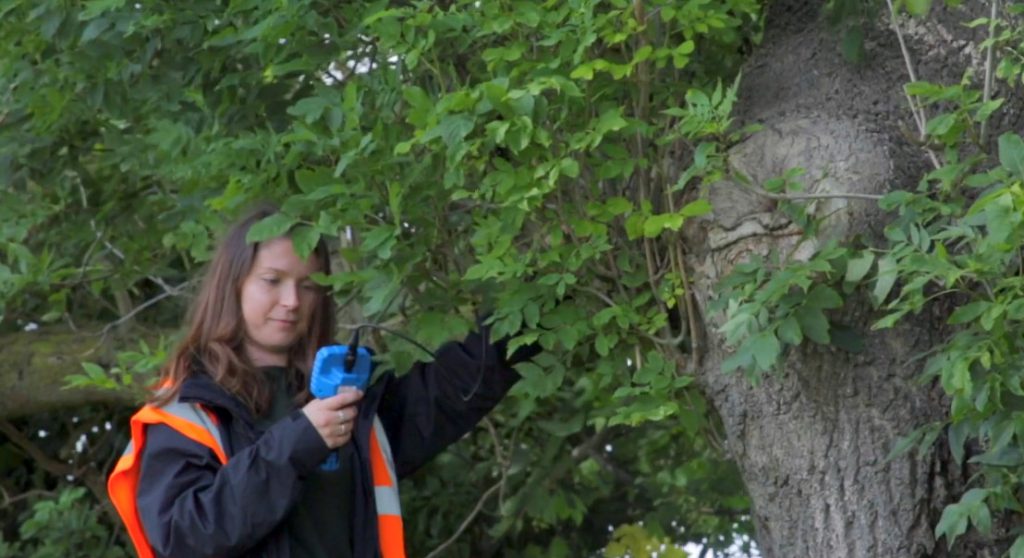Kent’s Greenfield Land
Best known as home to a wide range of gardens and other countryside attractions, Kent has plenty of rural areas to offer to visitors and residents, as well as any developers staging a planning project in the local vicinity. Between various towns and villages, and numerous natural locations, the county of Kent has a mix of urban and rural elements.
Despite a reputation for developing produce and locally sourcing food and drink, 73% of the population live in urban areas. However, Kent retains a broad selection of untouched plots of land, posing opportunities to developers who prefer a site with no existing infrastructure.
Greenfield land doesn’t come with guarantees that no archaeological remains could dwell on or beneath the surface of the ground though, and before a development begins, the local council will need assurances that the project won’t cause damage to unidentified historic remains.
Failure to comply with these rules could lead to devastating impacts on the planning project, such as delays, additional costs, penalties and the inability to achieve an accepted application for planning consent on the development site.
Local Council Adherence to Archaeology
As with the majority of local authorities across the country, Kent County Council shows consideration of archaeology in relation to development projects and planning applications. It does this by having a team of archaeologists that support the local council with policies that relate to archaeology, factors that are applicable to archaeology, and individual applications for planning conditions.
For instance, the Kent County Council website has a section on the county’s past, featuring the Kent Historic Environment Record. Using these resources and the insights and expertise of professional archaeologists, the local council can gain crucial support on planning applications. On the opposite side, however, developers need help from archaeologists in the form of an archaeology survey in order to put forward a sufficient application for planning consent.
Assessments on Historic Remains
Following a preliminary stage that involves an archaeologist undertaking desk-based assessments to research the site for data that could indicate historic importance or existing archaeological features, the archaeology survey will move on to a physical inspection of the development site. Broken into two parts, the site visit will start with a surface survey to identify historic features that are visible to the archaeological consultant before moving on to a geophysical survey to find features that are hidden underground.
A ground penetrating radar (GPR) device will feature as the primary piece of highly-specialised equipment used for the geophysical survey. It will be run over the entirety of the development site, sending radio waves into the ground and measuring distances by how long they take to bounce off solid surfaces and reflect back to the device. Any shorter distances that aren’t explained in the results of the desk-based assessment will be a likely sign of archaeological remains, often leading the archaeological surveyor to excavate.
It may be applicable for the archaeologist to include other survey techniques, such as walkovers, watching briefs, site discovery and aerial photography, and they may also decide to demonstrate consideration to the National Grid, building survey results, contours and earthworks. Immediately after the assessment, the archaeological consultant will develop an archaeology report for the developer and the local planning authority, with all of the relevant information included to greatly enhance the application for planning permission.
Consultancy Over Undeveloped and Historic Sites
Developers would be advised to reach out to Arbtech about an archaeology survey any time a project involves listed historic sites or greenfield land that could house archaeological remains. At this point, our team can offer guidance in regards to the most suitable assessment based on the nature of the site and project, whether it ends up being an archaeology survey or one of our other appraisals.
Simply call us using the number above or by filling out our online quote form, and if you supply us with details about your site and project, we will send across a free quote. Our archaeological surveyors are based all over the country, so we will see no issue in attending your site in Kent for an archaeology survey. Then, with the help of our team, you can see any issues relating to archaeological remains eliminated, easing the process of gaining a successful planning application.


